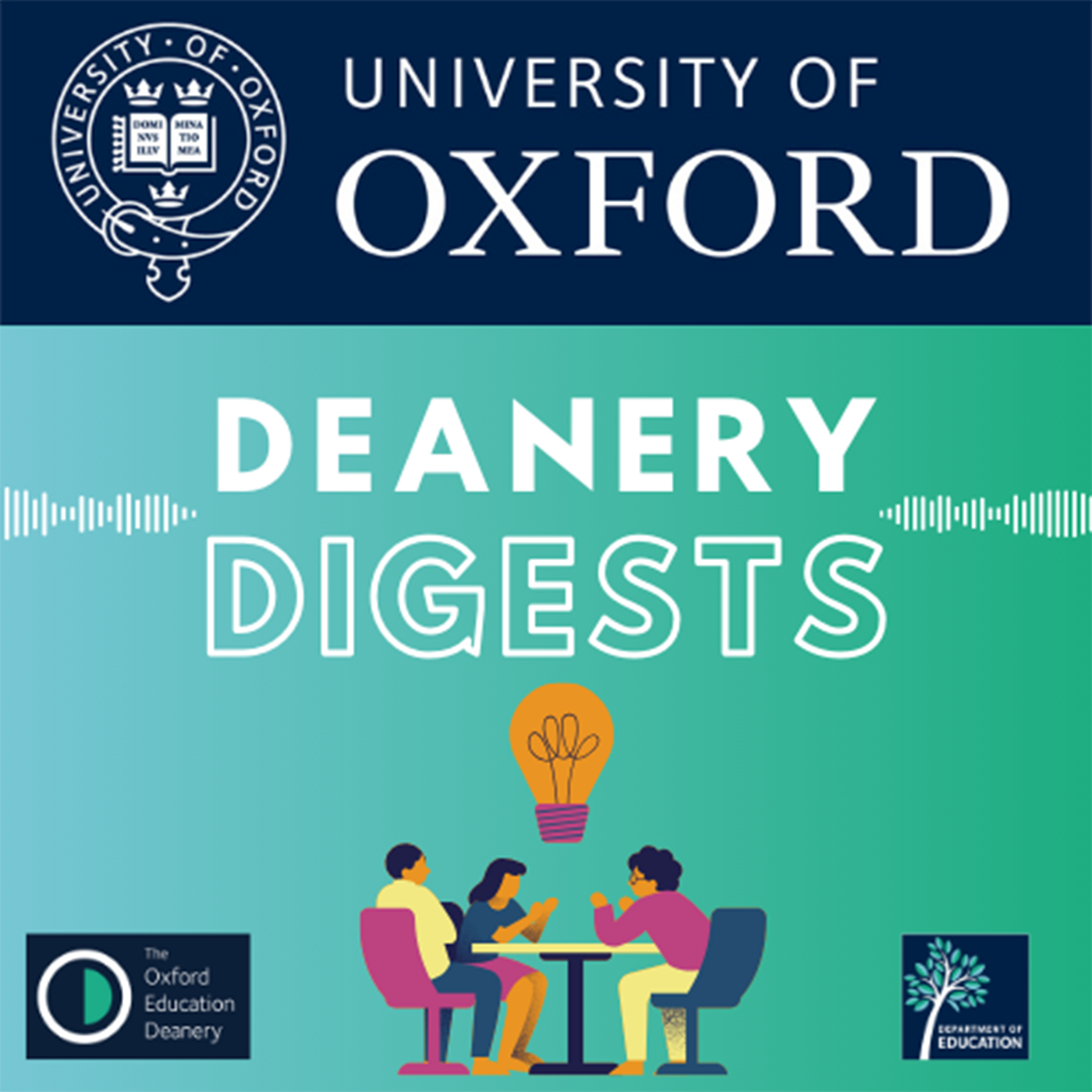Podcast Description
Assessment in the field of health professions, such as medicine, is of critical importance because it has implications for the public; for example, certification of health professionals as equipped for patient care. However, within health professions, little attention is paid towards the many health professionals who are involved in assessment – most of which are unlikely to have formal educational qualifications. In this episode, Dr Nici Simms discusses findings from interviews with clinician-educators responsible for assessment in undergraduate medical programmes and identifies four key levels at which they engage with and make sense of assessment in their work.
The Deanery Digest (a plain language summary) of this research can be viewed and downloaded here: https://www.education.ox.ac.uk/deanery-digest/what-do-clinician-educators-really-think-about-assessment/
Nici’s Socials: Twitter @DanicaAnneSims @OxfordMMEd, LinkedIn Danica (Nici) Simms
Learn more about the Oxford Education Deanery: https://www.education.ox.ac.uk/about-us/oxford-education-deanery/
Join our mailing list: https://forms.office.com/pages/responsepage.aspx?id=G96VzPWXk0-0uv5ouFLPkdxpy7LmNcFLujTOHXPmFwlUOUtYSFBOMklHRUhJMzhPRU9GRTJGRDFWQyQlQCN0PWcu&route=shorturl






